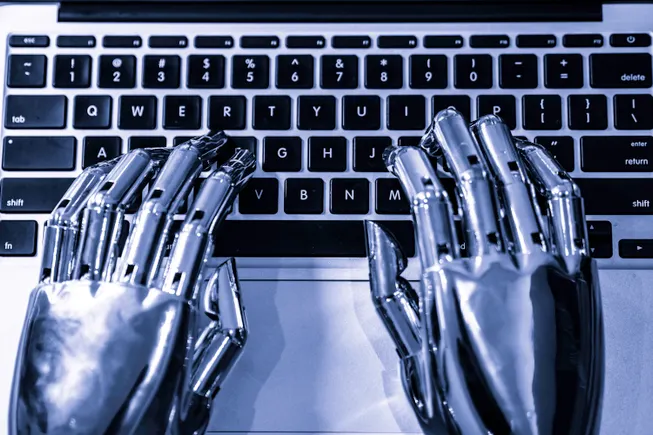TL;DR Summary of Legal Implications of Generative AI and Copyright Challenges
Optimixed’s Overview: Navigating the Complex Legal Landscape of AI-Generated Content and Copyright
Understanding Current Copyright Challenges with Generative AI
As generative AI becomes increasingly widespread, questions about the legality of using copyrighted material in AI training and the ownership of AI-generated creations have come to the forefront. Several landmark cases have highlighted the complex and unsettled nature of copyright law in relation to AI:
- Getty Images vs. Stability AI: Getty accused Stability AI of scraping its images to train Stable Diffusion, but the UK court found insufficient evidence of widespread infringement or direct harm, resulting in no broad legal ruling.
- Meta and OpenAI Cases: Authors sued these companies for unauthorized use of copyrighted texts in training their AI models. U.S. federal courts ruled the AI’s use as transformative and not intended to replace original works, supporting fair use defenses.
- Human Authorship Requirement: Copyright law currently mandates a human author for protection, leading to the rejection of copyright claims on solely AI-generated content, as machines cannot hold copyrights.
What This Means for AI Content Creators and Users
Due to the lack of clear legal boundaries, users of generative AI tools face a nuanced environment:
- Legal Looseness: Most generative AI uses remain legally permissible unless they involve direct misuse of protected IP, such as blatant copying of iconic characters or works in commercial contexts.
- No Ownership Rights: Creators do not hold copyright over AI-generated outputs, limiting their ability to control or profit exclusively from such works.
- Case-by-Case Enforcement: Potential infringements are likely to be addressed individually if demonstrable business harm occurs, rather than through sweeping legal judgments.
The Road Ahead
While current rulings favor AI developers and users under fair use and transformative use doctrines, the legal framework remains unsettled and evolving. Stakeholders should:
- Avoid directly copying or commercially exploiting protected IP without permission.
- Stay informed about ongoing legal developments and potential changes in copyright law regarding AI.
- Consult legal counsel when uncertain about specific AI content use cases.
In summary, generative AI content creation exists at the intersection of innovation and legal ambiguity, with protections and restrictions largely determined by specific circumstances rather than broad precedents.
